ליאורה ברנשטיין
-
צברית, שם נעורים אברהמוף, בוגרת הגמנסיה הרצליה. מאז פלא האינטרנט וזמינותו לכול כותבת שירים.
http://www.literatura.co.il/website/index.asp?show=authors&id=1715
לקט יצירות
- עורב ניצב על סנסן דקל
- זה לא נורא בכלל
- רקויאם לסומסום
- ואילו אני ראיתי את השלום - שתי יצירות - PEACE
- לִחְיֹות ֹשִבְעִים ֹשָנָה
קשור אלי
-
[ליצירה]
אני מאוד אוהבת את השיר
קלילותו ושנינותו עובדים בהרמוניה
cardura cardura compendium carduran[ליצירה]
-
[ליצירה]
שיר בדיחה מרענן :-) אבל עם קצת אמיתות על החיים.ribavirin ilacabak ribavirin yan etkileri ribavirin wikidiflucan 50 realtycollective.com diflucan 50zocor read zocor etken maddesiprednisolone side effects in dogs bilie.org prednisolone 5mg tabletsarcoxia spc click arcoxia 90ibuprofen gel ibuprofen 800 ibuprofen kruidvatlamictal iskustva lamictal 100 mg tablete lamictal 50 mg tableteprograf tacrolimus thepoliticalsword.com prografcialis coupons online martialinfo.com coupons prescriptions[ליצירה]
-
[ליצירה]
יש פתגם שאכתוב אותו באנגלית:
God is as big as your heart is/
buscopan forte buscopan buscopannootropil 800 mg a1softec.com nootropil wiki[ליצירה]
-
[ליצירה]
כן, בהחלט. מדוע לא ?arcoxia cena speeddatingmixers.co.uk arcoxia 90 mgzocor read zocor etken maddesicordarone amiodarone cordarone bivirkninger cordarone[ליצירה]
-
[ליצירה]
אהבתי את המבנה, בו הבית השלישי הוא שלש מילים וזה מספיק לא יותר לא פחותribavirin ilacabak ribavirin yan etkileri ribavirin wikiarcoxia spc speeddatingmixers.co.uk arcoxia 90ibuprofen gel ibuprofen 800 ibuprofen kruidvatquetiapine dosage for sleep asser.nl quetiapine overdose amountlamictal iskustva lamictal 100 mg tablete lamictal 50 mg tablete[ליצירה]
-
[ליצירה]
קיבלתי מייל להעביר למדינה:
[אני מתנצלת בפני שומרי שבת שבכאן]
במייל כתוב:
כמו שהוא יושב בחושך,גם אנחנו נשב
תשלחו מייל זה לכמה שיותר אנשים כי
ביום שישי ב-5/12/08 בשעה 22:00 בערב בדיוק,כולם מכבים את האורות בבתים
למשך עשר דקות
כאות הזדהות עם מצבו של גלעד שליט.
כי כמו שהוא יושב בחושך,גם אנחנו נשב!!
lamictal iskustva read lamictal 50 mg tablete[ליצירה]
-
[ליצירה]
ברוך בואך בנימין.
אני תקווה שעם הזמן תשתלט על התוכנה הסוררת של אתר הצורה ותצליח להכניס את יצירותיך היפות בצורה יותר מצודדת את העין. למשל אני הבוקר כשפתחתי שתי יצירות שהעלו לי - אחת מהן כלל לא הייתה שם והשנייה הייתה קטועת איברים ולקח לי מספר דקות ויותר לסדר את זה.
מבחינה עקרונית, מעל היצירה צריך לעשות ENTER אבל בהמשך השורות לעשות SHIFT ENTER ובסוף היצירה שוב לעשות רק ENTER. כשאתה כותב את היצירה על מסמך וורד ומסתכל בסימנים הסמויים אזי תראה את ההבדל.
ה-SHIFT ENTER מאפשר להכניס את השורות ברווח אחד ולא ברווח כפול כפי שכאן זה קורה. אולם כשזה כך אי אפשר לעשות שינויים שם בפנים. לכן אני שמה למעלה ENTER רגיל וגם למטה. בתקווה שהבנת.
ליאורהzocor read zocor etken maddesiflutamida vademecum link flutamida alopeciaquetiapine dosage for sleep asser.nl quetiapine overdose amountprograf tacrolimus link prografcialis coupons online martialinfo.com coupons prescriptions[ליצירה]
-
[ליצירה]
אנשים כאלה הם כמו יצורי מעבדה שמעולם לא עמדו בפיתוי.מה לך לקנא בהם ? תמיד שמרו עליהם. הם נולדו מסודרים מראש ושומרים עליהם ועל עצמם כמו על בגד לבן בתוך כספת מבוצרת שכל מגע עם העולם יתיר עליו כתמים בלתי ניתנים לניקוי. ועוד קוראים לעצמם, כמו לבגד הבלתי שימושי הזה, שהוא יקר, שהם יקרים וחשובים. את לא צריכה אף אחד כדי לחזור בתשובה. ברכת נרות השבת מספקת והיא שלך בלי טובות של אף אחד.את יהודיה ממילא וזאת זכותך. לפחות זה בעולם האנטישמי שלנו. אל תלכי איפה שלא רוצים אותך. והיי שמחה.ribavirin ilacabak onlineseoanalyzer.com ribavirin wikievista precio evista evista preciozocor read zocor etken maddesiquetiapine dosage for sleep asser.nl quetiapine overdose amount[ליצירה]
-
[ליצירה]
בהצלחה לך. התבונה מתכננת והרצון מייצר.diflucan 50 read diflucan 50arcoxia cena speeddatingmixers.co.uk arcoxia 90 mgarcoxia spc speeddatingmixers.co.uk arcoxia 90ceftinex 125 yovi.info ceftinex 600 mg kullananlarlamictal iskustva read lamictal 50 mg tabletenootropil 800 mg a1softec.com nootropil wikiprograf tacrolimus link prograf[ליצירה]
-
[ליצירה]
קראתי את שיר גור. וכעת ההצתה המאוחרת: מיכל הנסיכה ? "ומיכל בת שאול נשקפה בעד החלון ותרא את המלך דוד מפזז ומכרכר ותבז לו בלבה."
טוב, מה כבר היה למיכל המסכנה מלבד טיפטיפה התנשאות שהגנה על לבה באמצעותה נגד הגבר היפהפה והאהוב הזה שהיו לו נשים ופלגשים לרוב ולבנו בכלל אלף נשים היו. גברים כאלה מעולם לא אהבו אשה ממש.
מתנגדת לאסוציאציה.ribavirin ilacabak ribavirin yan etkileri ribavirin wikievista precio evista evista preciocordarone amiodarone cordarone bivirkninger cordarone[ליצירה]
-
[ליצירה]
וגם קטע של תובנה חדשה הרווחתי מקטע אנושי זה. אמת שאנו משוחחים לעתים עם המתדלקים והם בתקן דומה לשל הספר (במספרה) ששומע את כל הרכילויות ומצבי הרוח.
נקודת המפנה מהקדורנות אל האור בקטע כה צנועה ויפה, כשהמספרת מסוגלת להביט כלפי חוץ ומבחינה בשמו של המתדלק, יעקב, הופך למשהו אישי, וכל העולם נעשה יפה יותר כאילו כעת העולם מכיר אותנו ולא יפגע בנוribavirin ilacabak onlineseoanalyzer.com ribavirin wikidiflucan 50 realtycollective.com diflucan 50cardura link carduranzocor read zocor etken maddesiarcoxia spc open arcoxia 90voltaren click voltaren preciobuscopan forte link buscopan[ליצירה]
-
[ליצירה]
אולי כי פעם היה שיר "פלאפל, פלאפל, פלאפל לכול, פלאפל, פלאפל, פלאפל בזולarcoxia cena go arcoxia 90 mgcordarone amiodarone cordarone medicin cordarone[ליצירה]


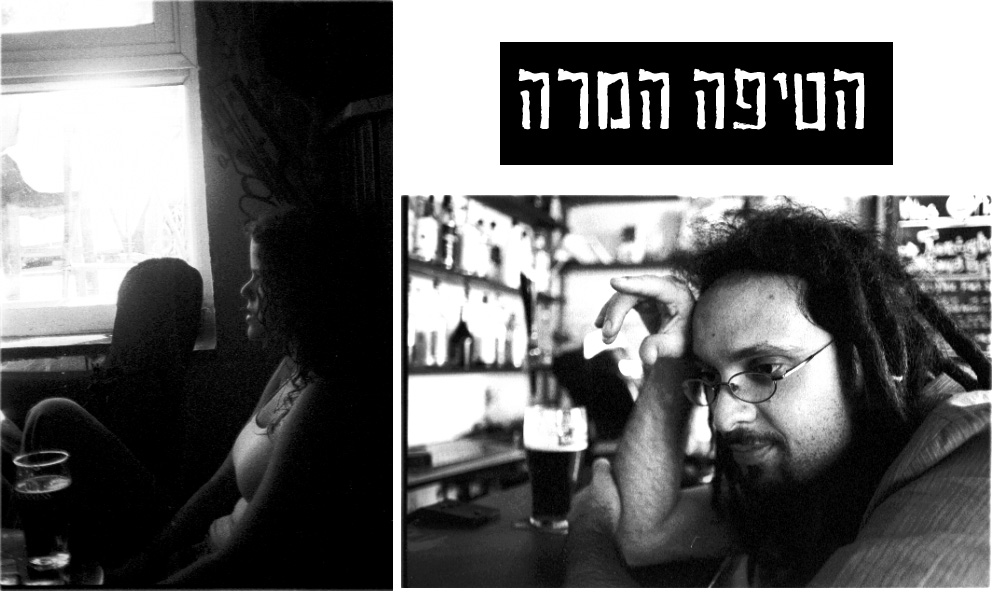
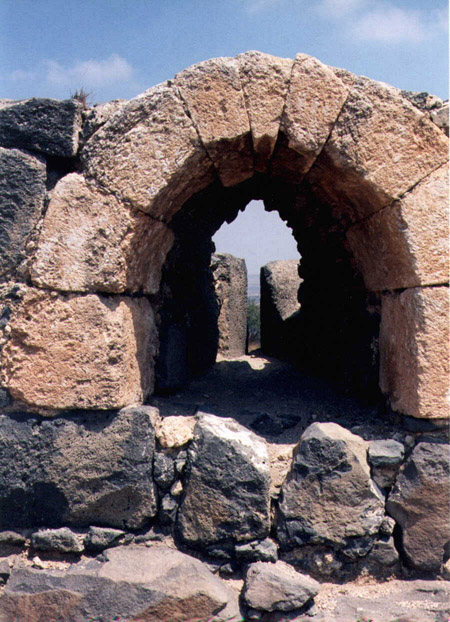
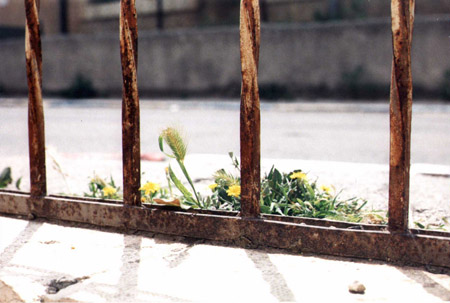
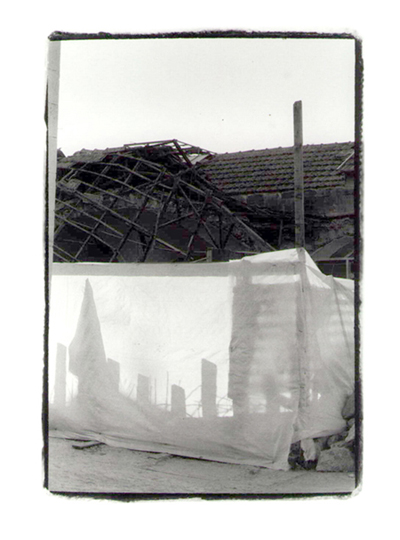
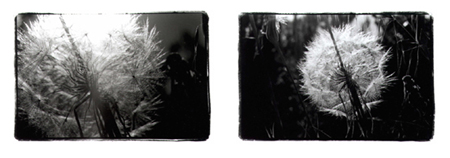
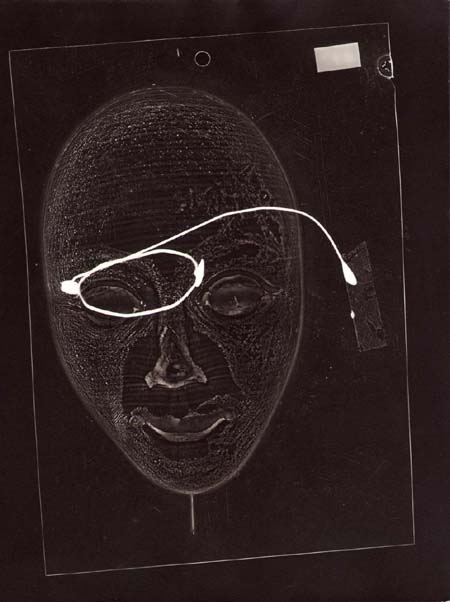
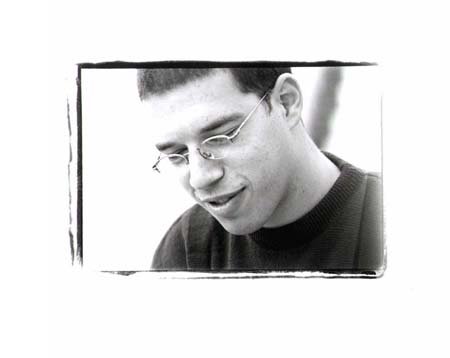
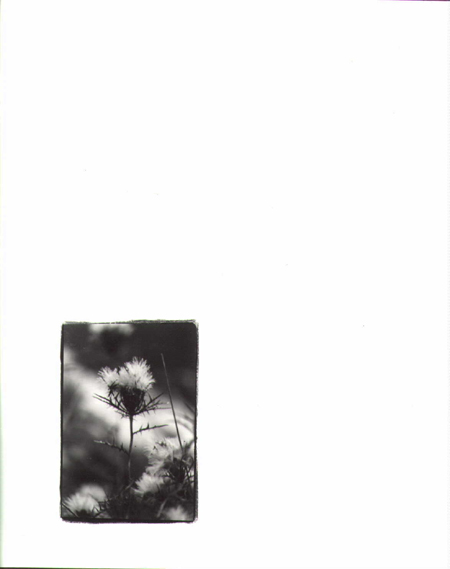

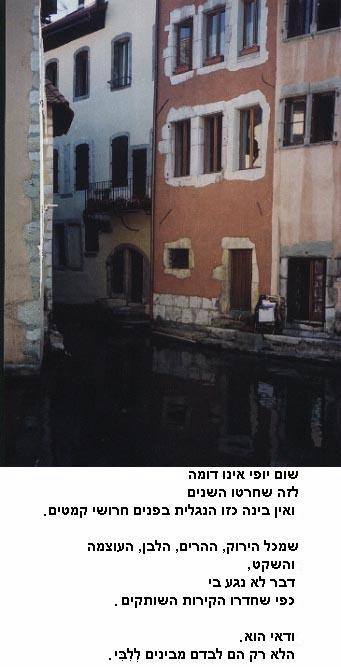
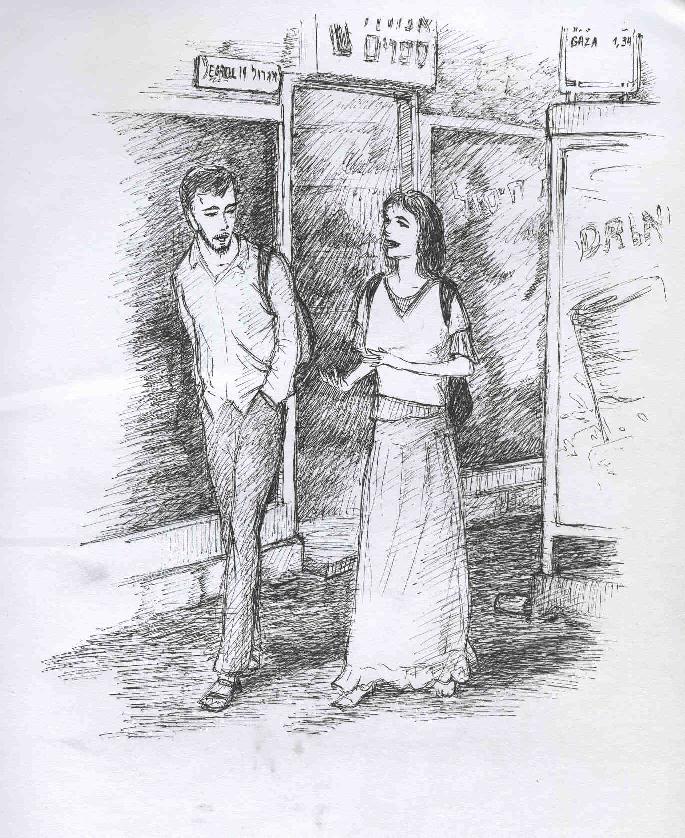
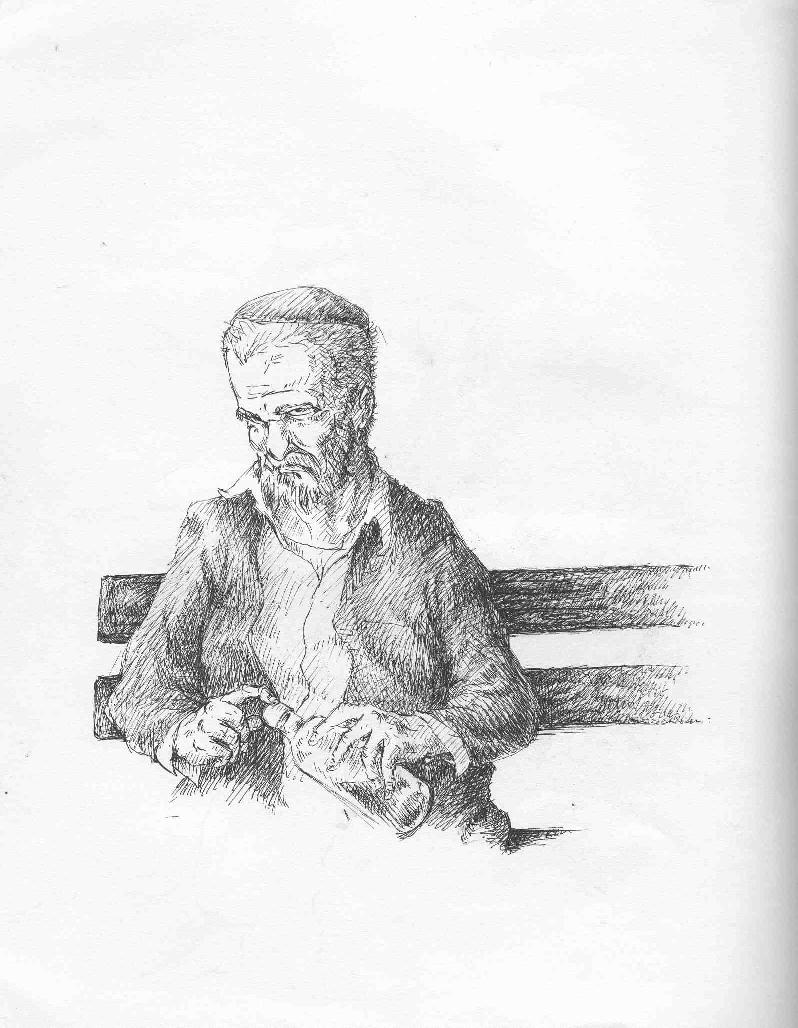
תגובות